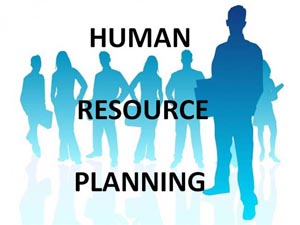Most working people go through career stages and it has been found that individual’s needs and expectations change as the individual moves through these stages.
Exploration Stage: This is the stage where an individual builds expectations about his career. Some of them are realistic and some are not. But the fact is that these could be a result of the individual’s ambitions.

Establishment Stage: This could be at the stage where the individual gets his first job, gets accepted by his peers, learns in this job, and also gains the first tangible evidence of success or failure. The establishment/advancement stage tends to occur between ages 25 and 44. In this stage, the individual has made his or her career choice and is concerned with achievement, performance, and advancement. This stage is marked by high employee productivity and career growth, as the individual is motivated to succeed in the organization and in his or her chosen occupation. Opportunities for job challenge and use of special competencies are desired in this stage. The employee strives for creativity and innovation through new job assignments. Employees also need a certain degree of autonomy in this stage so that they can experience feelings of individual achievement and personal success.
Mid-Career Stage: The individual’s performance levels either continue to improve, or levels, or even deteriorates.
Late Career: This is regarded as a pleasant phase, where one is allowed to relax and play the role of an elderly statesman in the organization.
Decline: The stage, where the individual is heading towards retirement.

 Follow
Follow